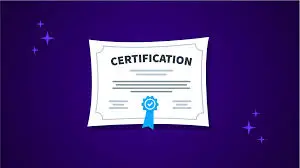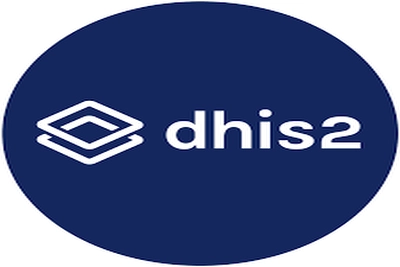Overview:
This intensive 5-day course introduces participants to the design, deployment, and management of telemedicine and digital health solutions that expand access to healthcare services and improve clinical efficiency. It provides a blend of technical, clinical, and managerial perspectives on implementing virtual care systems.
Participants will explore key components of telemedicine — including remote diagnostics, patient monitoring, virtual consultations, and mobile health (mHealth) applications — while addressing ethical, regulatory, and data security considerations. Practical exercises include designing telehealth workflows, evaluating system usability, and developing deployment frameworks tailored to diverse healthcare settings. The course draws upon WHO and national digital health strategies to build sustainable, scalable, and patient-centered digital health programs.
Duration:
5 Days
Target Audience:
-
Health Informatics and Telehealth Specialists
-
Hospital and Clinic Administrators
-
ICT Professionals in Healthcare
-
Public Health Program Coordinators
-
Policymakers and Health Project Implementers
Personal Impact:
-
Develop practical skills in planning and managing telemedicine programs
-
Gain confidence in applying digital tools for remote healthcare delivery
-
Strengthen decision-making capacity for digital health adoption
-
Improve awareness of ethical and data protection issues in telehealth
Organizational Impact:
-
Enhanced healthcare access and efficiency through remote care systems
-
Improved clinical coordination and patient follow-up mechanisms
-
Reduced operational costs via optimized digital workflows
-
Strengthened digital readiness and resilience of healthcare systems
Course Outline
-
Understand the architecture and components of telemedicine systems
-
Develop and implement telehealth workflows for various clinical contexts
-
Evaluate usability, interoperability, and data security in digital health solutions
-
Integrate mHealth and eHealth technologies into healthcare delivery
-
Align digital health strategies with organizational and policy frameworks
Course Modules
Module 1: Foundations of Telemedicine and Digital Health
-
Evolution and concepts of telemedicine and eHealth
-
Key technologies and service models (store-and-forward, real-time, mHealth)
-
Global telemedicine frameworks and standards (WHO, ISO, ITU)
-
Hands-on Exercise: Mapping telehealth use cases in participants’ settings
Module 2: Telemedicine System Design and Implementation
-
Technical infrastructure and connectivity requirements
-
User interface design and interoperability considerations
-
Integration with electronic health records and HIS platforms
-
Hands-on Exercise: Designing a telemedicine workflow for patient consultations
Module 3: Clinical Applications and Service Delivery Models
-
Remote diagnosis, monitoring, and specialist consultation workflows
-
Virtual triage and tele-emergency response systems
-
Rural and mobile telehealth implementation strategies
-
Hands-on Exercise: Role-play simulation of a teleconsultation session
Module 4: Legal, Ethical, and Data Security Frameworks
-
Regulatory standards and licensing for telemedicine practice
-
Ethical considerations: patient consent, confidentiality, and liability
-
Data privacy and cybersecurity in digital health
-
Hands-on Exercise: Developing a telemedicine data protection policy
Module 5: Case Study – Telemedicine Deployment in Healthcare Systems
-
Case study: Implementing a telehealth program in a rural or urban setting
-
Evaluating system outcomes, adoption, and sustainability
-
Identifying barriers and solutions in telehealth implementation
-
Hands-on Exercise: Group project designing a telemedicine implementation plan
Related Courses
Course Administration Details
Methodology
These instructor-led training sessions are delivered using a blended learning approach and include presentations, guided practical exercises, web-based tutorials, and group work. Our facilitators are seasoned industry experts with years of experience as professionals and trainers in these fields. All facilitation and course materials are offered in English. Participants should be reasonably proficient in the language.
Accreditation
Upon successful completion of this training, participants will be issued an Indepth Research Institute (IRES) certificate certified by the National Industrial Training Authority (NITA).
Training Venue
The training will be held at IRES Training Centre. The course fee covers the course tuition, training materials, two break refreshments, and lunch. All participants will additionally cater to their travel expenses, visa application, insurance, and other personal expenses.
Accommodation and Airport Transfer
Accommodation and Airport Transfer are arranged upon request. For reservations contact the Training Officer.
Tailor-Made
This training can also be customized to suit the needs of your institution upon request. You can have it delivered in our IRES Training Centre or at a convenient location. For further inquiries, please contact us on:
Payment
Payment should be transferred to the IRES account through a bank on or before the start of the course. Send proof of payment to [email protected]
Click here to register for this course.
Register NowCustomized Schedule is available for all courses irrespective of dates on the Calendar. Please get in touch with us for details.
Customize AttendanceDo you need more information on our courses? Talk to us.













